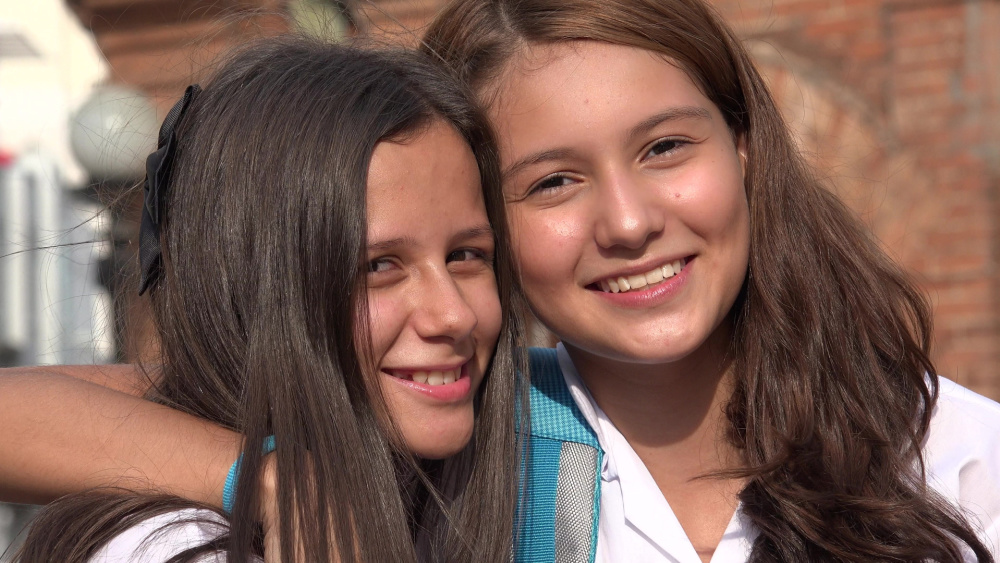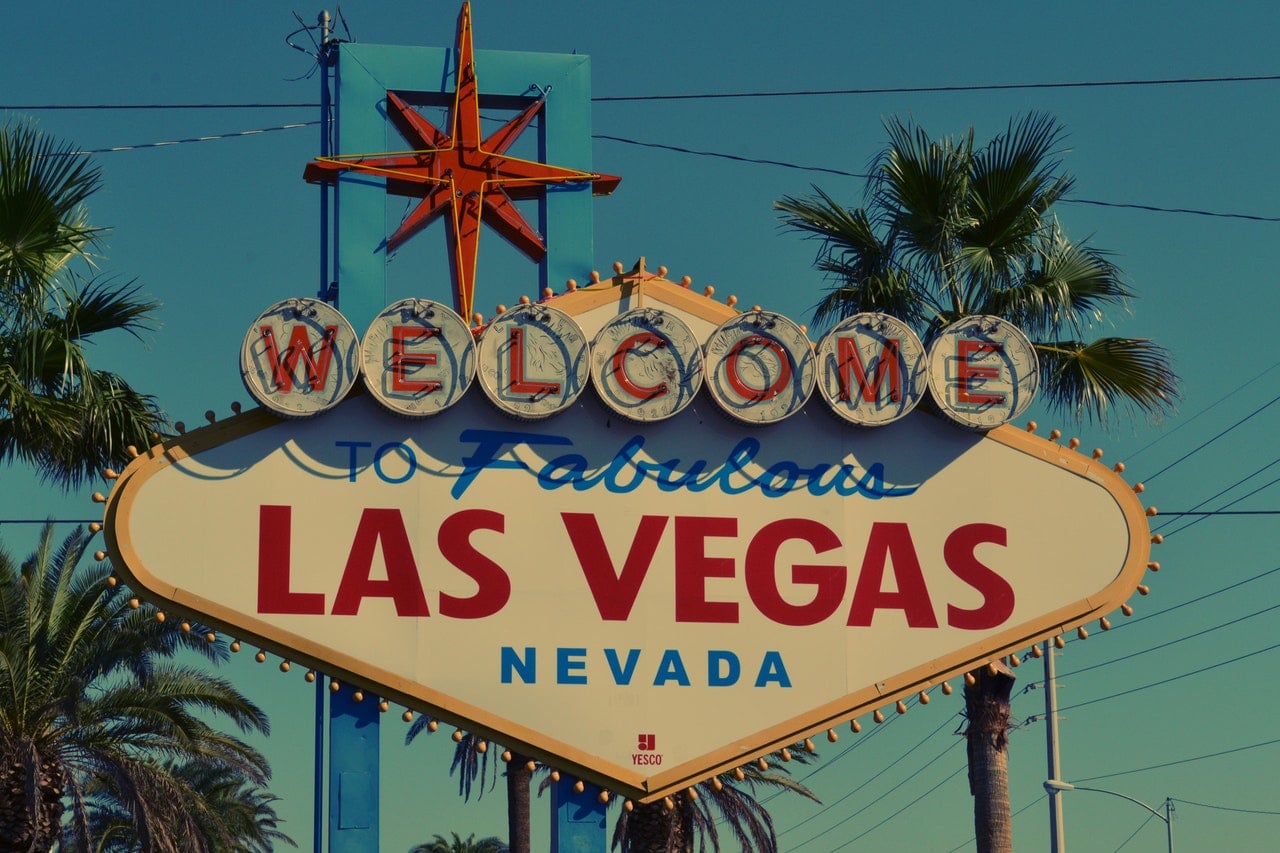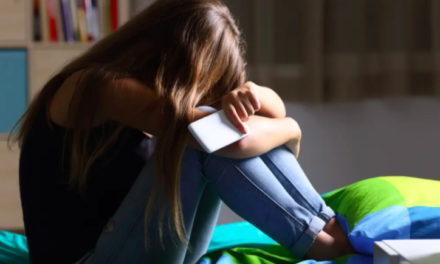Healthy friendships are a huge protective factor for our kids’ mental health and wellbeing. This manifesto might be a good place to start discussions.
My childhood best friend was Treacy. Despite me living on a farm and her living in town, we were inseparable. In town we hung out at the local pool together, we played netball and tennis, and we would go to the small local cinema. On the farm, we would ride my horse, build cubbies, and have adventures in the great outdoors. We would have a sleep-over at least once a week. We knew each other’s parents as well as we knew our own.
At 12, I went to boarding school and time and distance meant we seldom saw each other and we grew apart. These days we are friends on Facebook and run into each other occasionally. She affectionately calls me her ‘besty from yesty’.
Although we’ve drifted apart, that childhood friendship was one of the most formative relationships of my life. I bet you could tell similar stories about your childhood friends. Those people helped form our identity, develop our interpersonal skills, and they were a massive protective factor in our positive mental health. How we navigated those relationships has had a strong bearing on all the relationships that have followed.
Considering it is an area of life that can have such a powerful impact on our children’s development, we seldom discuss their friendship skills. However, that is gradually changing. These days in schools we do talk about friendships and what healthy friendships look and feel like. However, this social-emotional learning is most powerfully delivered by parents.
I have created this friendship manifesto with the intent of providing a springboard for talking to your children about what makes a healthy friendship. Knowing what healthy friendships are, will help your children as they encounter the inevitable friendship bumps along the way.
If you find it useful, you can download it at the end of the article.
1. Friends are valuable but they are not possessions. I will not stop my friends from having other friends and I will always leave myself open to making new friends. New people can bring a whole lot of wonderful into our lives, without taking anything away from existing relationships. Love is not a limited resource.
2. I will support my friends as they grow and develop. I will not feel threatened or hold them back, I will cheer them on and celebrate their successes. I will also acknowledge and embrace the changes in my own life.
3. I will communicate clearly and honestly with my friends. They can’t read my mind and I can’t read theirs, so we will talk and listen openly. I understand that sometimes conversations will be uncomfortable and that’s okay.
4. Differences are important. My friends and I are separate people and we need our own space to be ourselves. My friends can have their own opinions, their own quirks, and their own way of seeing the world, and so can I. Friendships that allow us to be our most authentic selves are spectacular!
5. I understand that we all make mistakes. I will not throw away a friendship over one disagreement. If the friendship is a positive relationship overall, we will commit to communicating, healing, and moving forward.
6. I am complete; I have all I need and so do my friends. Our friendship is a choice that brings joy and value to our lives. We are not dependent on one another for our happiness. I will be empathetic and supportive without taking responsibility for all of my friend’s feelings and problems.
7. Not everyone is my friend because friendship is special, and I get to choose my friends. However, everyone deserves respect and kindness. I will never flaunt my friendships in order to make someone else feel inferior or hurt.
8. I will not take my friendships for granted. My friends deserve loving, caring behaviour. I will not ridicule, gossip or undermine them. I will also try to stand up to other people who treat my friends badly.
9. If I ever feel as though one of my friends needs help or is in danger, I will seek help. It may upset my friend, but their safety and wellbeing are worth more than anything. Sharing trust means more than keeping secrets. It means trusting friends to steer you in the right direction when problems arise.
10. I will be honest in my assessments of my friendships. A one-sided or unhealthy relationship is not good for me. I will ask myself:
- Do I like myself around this friend?
- Do we both make an effort to be empathetic and support one another?
- Am I able to be myself or am I having to pretend in order to make the friendship work?
“The only way to have a friend is to be one.”
– Ralph Waldo Emerson –
Linda Stade will be presenting a webinar with Michelle Mitchelle called
Helping Your Daughter Navigate Friendships on 31st May 2021.
Related resources:
What You Need To Know About Girls and Their Frenemies
5 Friendship Lessons That Will Save Your Kids A Lot Of Grief (With Great Download)







